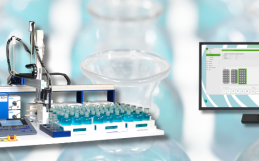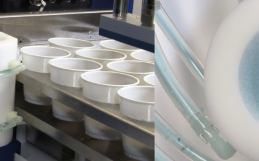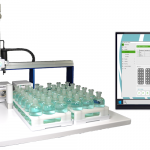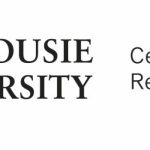In May of 2019, the new Water Reuse regulation was approved by the European Parliament. It is hoped that these regulations will increase the abilities of European countries to reuse treated wastewater, decreasing reliance on groundwater pumping. Currently, water reuse is only used in a few of the EU member states, and where it is deployed it is far below its potential.
PeCOD has proven to be an effective tool in optimizing treatment, especially for reuse purposes due to the rapid test procedure and efficiency in oxidising organic matter. Read more about PeCOD applications in Reuse in this presentation.
This excerpt from a Water News Europe article outlines the decision:
The European Parliament approved the Water Reuse Regulation the 13th of May. After publication in the Official Journal of the European Union it will enter into force after three years. Until now Wastewater Treatment Plants (WWTP’s) are mainly treating water for discharge. The new law defines minimum requirements for treated wastewater to be used for agricultural and other purposes in a safe way.
The new rules aim to ensure that treated wastewater is more broadly reused in order to limit use from water bodies and groundwater. The fall in groundwater levels, due in particular to agricultural irrigation, but also industrial use and urban development, is one of the main threats to the EU water environment, states the European Parliament in a press release.
Growth
“We could potentially reuse 6.6 billion cubic metres of water by 2025, compared to the current 1.1 billion cubic metres per year. That would require an investment of less than EUR 700 million and would enable us to reuse more than half of the current volume of water coming from EU wastewater treatment plants theoretically available for irrigation, avoiding more than 5 % of direct extraction from water bodies and groundwater”, said lead Member of Parliament EP Simona Bonafè (Italy).
Water quality
The proposal distinguishes four quality classes of reclaimed water for different purposes. It also gives an indication of the quality requirements and what water treatment technology can be used to achieve this quality class. The ‘A’ water quality is the best and can be used in all food crops. Even if the edible part is in direct contact with reclaimed water. B and C can be used for fruit trees and for the production of food for animals. The lowest quality water ‘D’ can only be used for non-food purposes.
Adding extra treatment steps
If it comes to water reuse Spain is internationally leading. In the past Rafael Mujeriego president of the Spanish association of sustainable water reuse (Asersa) pointed to the European guideline on Water Reuse as an obstacle. “It creates fear and is mainly focused on prevention. Setting a minimum of strict microbiological and chemical requirements complicates water reuse. But we will have to play on this field, so we can and will do that. Adding one extra step to waste water treatments plants is in most cases sufficient.”







